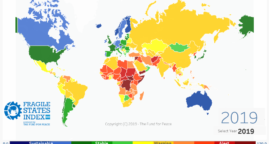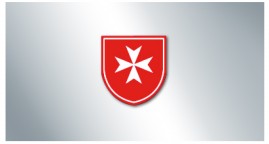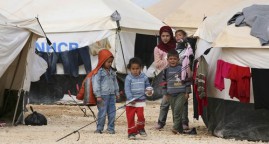EU-Turkey Agreement: the concern of the “Œuvre d’Orient”
“This is a historic day,” Turkish Prime Minister Ahmet Davutoglu did not hide his pleasure after the agreement reached, on Friday, March 18, 2016, with the European Union to slow the influx of migrants.
An enthusiasm not shared by all and especially by many NGOs who cry foul. All illegal migrants in Greece will be returned to Turkey after this Sunday. Each Syrian returned another will be relocated in a European country.
In exchange for measures to prevent departures from its coasts to Europe, Ankara received additional 3 billion euros of EU aid. Moreover, Europeans have agreed to accelerate the process of visa liberalization for Turkish citizens, and commit to open a new chapter in Turkey’s accession negotiations to the EU. Mgr Pascal Gollnisch, director of the the Œuvre d’Orient expressed his reluctance.
(in french)
Cardinal Pietro Parolin, Secretary of the Holy See, visiting Macedonia, visited a refugee camp in Gevgelija, on the border with Greece. He could hear the heartbreaking story of migrants and their application to reopen the borders. The cardinal reiterated his call for an agreement that emphasizes humanitarian law. “Europe can do because it has always stood, since the end of World War II, for his humanitarian spirit and respect for humanitarian law,” he said.
Translate from the french.
Read the full article in french on Vatican radio website
Related Articles
Tipping points 2019 | Lessons from fragility
04/10/2019. You can probably guess the country ranked “most fragile” on the 2019 Fragile States Index (FSI) produced by Fund for Peace, a Washington-based think tank.
Eric Pourcel: “The legal principle of humanitarian intervention does not exist …”
02/26/2015. In this article (in french) well documented, the author explores the concept of “humanitarian intervention”
48 humanitarian NGOs adopt a joint statement
02/27/2015. Faced with growing threats to the safety of workers of humanitarian assistance, 48 NGOs reaffirm their commitment to humanitarian principles.





